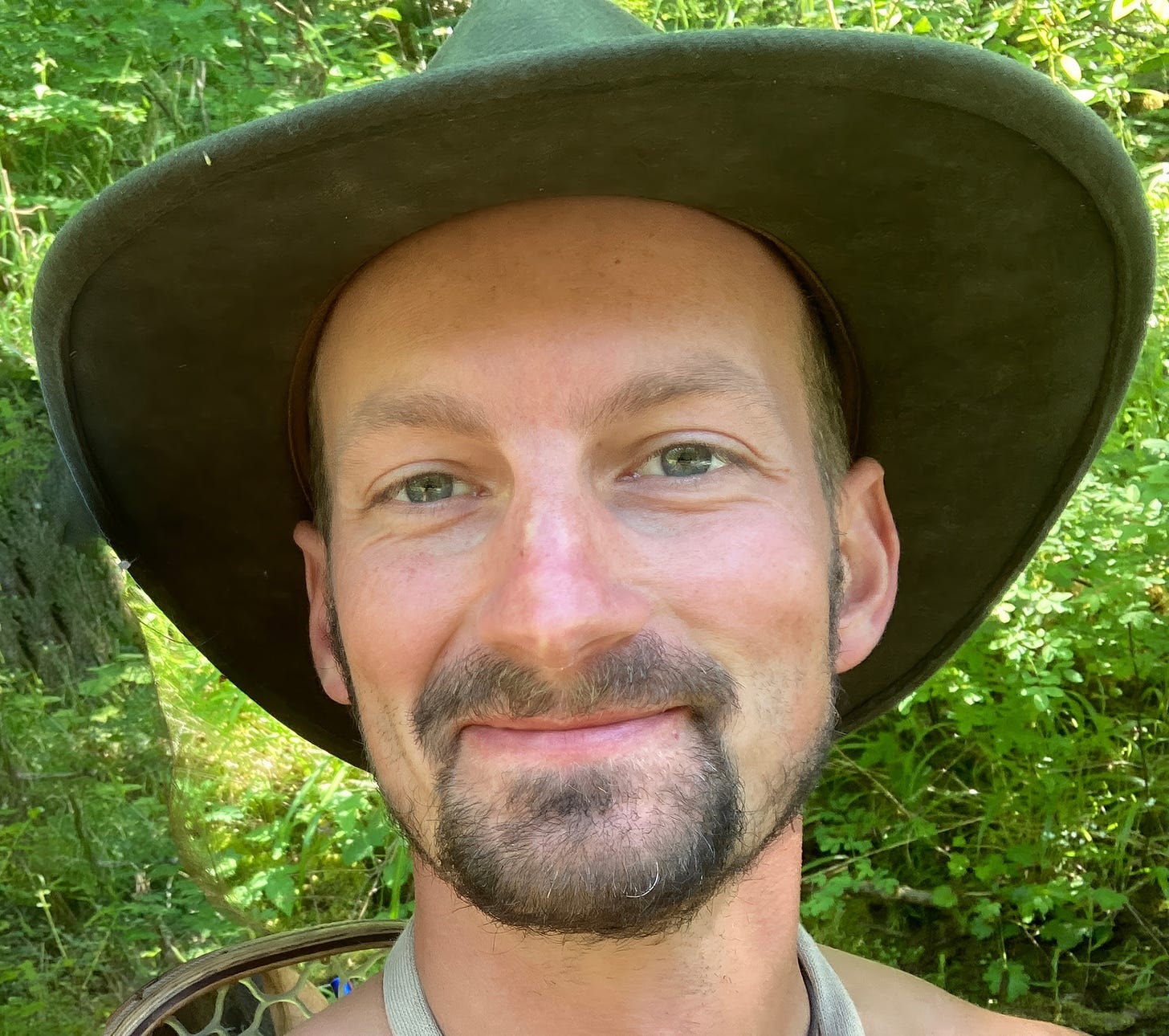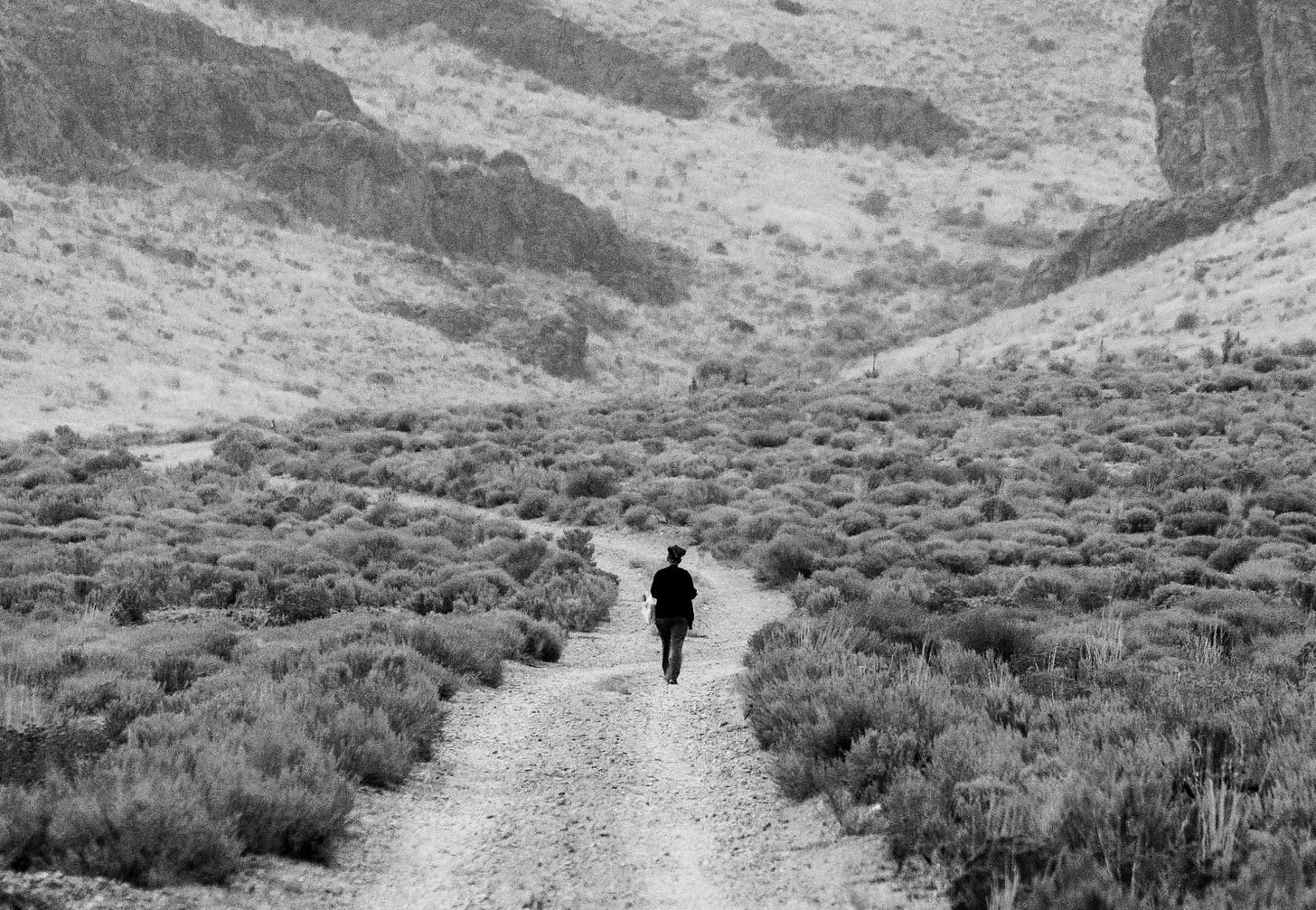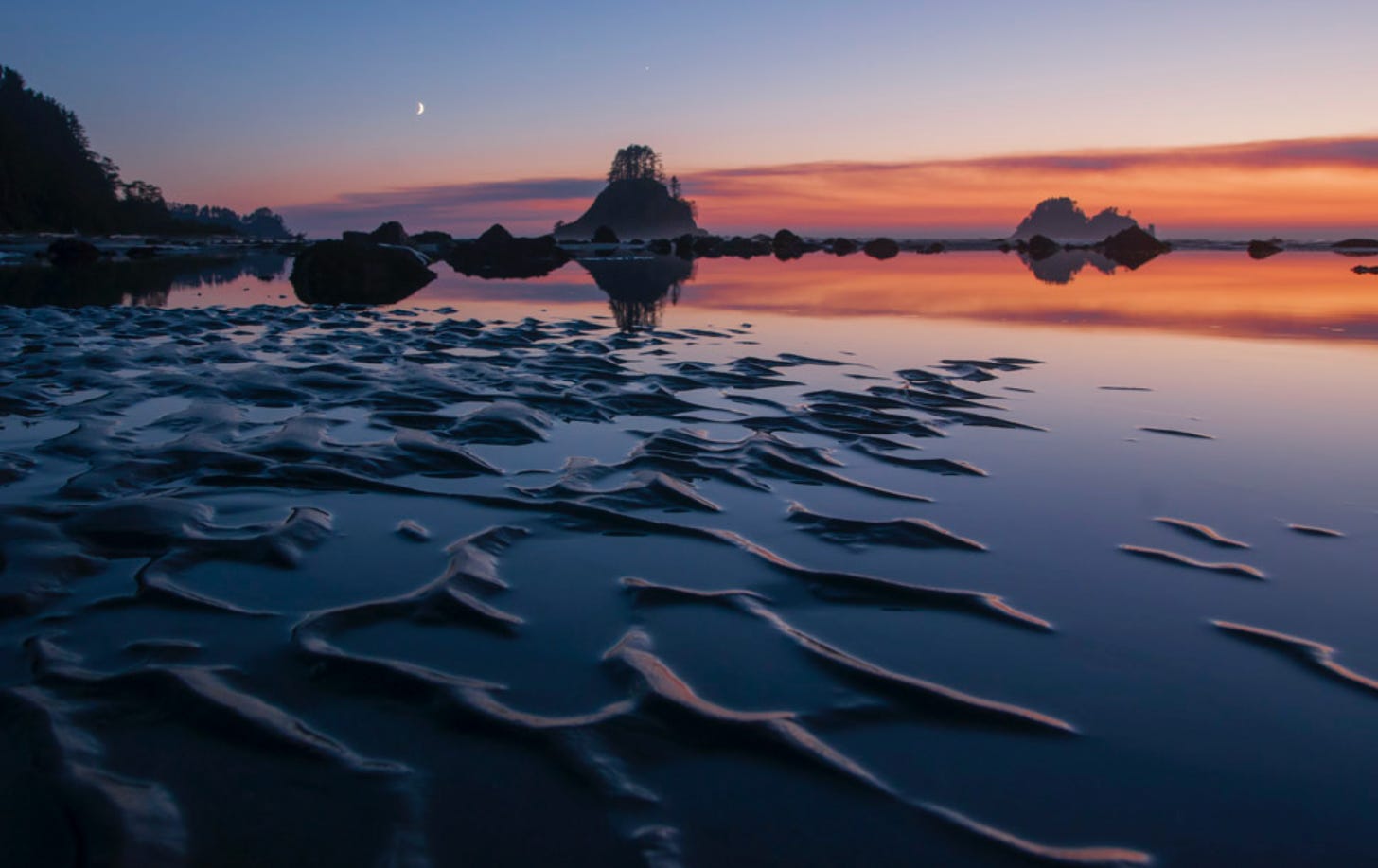
Hello. My name is Max Wilbert. I was born in Seattle, Washington. My father and mother raised me to fight for justice and peace, a tradition which goes back generations in my family.
Now, I live in rural western Oregon, where I spent my time exploring and working to protect wild places, foraging and gardening, swimming, climbing trees and mountains, and playing sports (I’m a basketball fanatic, but if we ever play together expect airballs). Sometimes I guide young people on wilderness expeditions.
Civilization, patriarchy, capitalism, and white settler-colonial culture create psychological and spiritual trauma, and I am in a lifelong process of recovery. I am learning humility, patience, self-love, and to learn from people who I have differences with.
For two decades I’ve been working to save our planet.
This has taken me to the Siberian Arctic with climate scientists, to fossil fuel blockades in Canada and the United States, to solidarity work with environmentalists in the Philippines, and to the front lines of greenwashing at Thacker Pass.
Between dramatic periods of confrontation and direct action, most of my work is quiet: organizing, educating, writing, speaking, and using photography, podcasting, and video production for storytelling. I’m currently studying for a Masters in Degrowth.
In 2021, my most recent book (Bright Green Lies: How the Environmental Movement Lost Its Way and What We Can Do About It) was published. Bright Green Lies examines the problems with mainstream responses to the climate crisis, and proposes a whole different set of solutions anchored in defending and restoring the natural world. The book makes the case that solar and wind energy, electric cars, efficiency programs, and green cities are failing to protect the planet, because in large part these technologies are designed to protect empire from the effects of peak oil and ecological collapse. Rather than sustaining the natural world, these techno-fixes are designed to sustain industrial civilization — the way of life that is killing the planet.
Dr. Vandana Shiva called it “a much needed wake-up call” and Planet of the Humans director Jeff Gibbs has said “is a must read for all who cherish life on Earth.” It was also made into a film.
The work I do has been featured in The New York Times, The Guardian, CNN, NPR, Mongabay, Earth Island Journal, CBC, The Globe & Mail, Resilience, KPFA, Last Real Indians, Counterpunch, First Voices Radio, and elsewhere.
I believe in the power of organization, which is why I am part of several grassroots political movements, including the Community Environmental Legal Defense Fund, Fertile Ground Conservancy, and Protect Thacker Pass, where I co-founded a land defense camp that held off a major mining corporation for several years.

Why do this work?
Between extinctions, pollution, global warming, deforestation, population overshoot, inequality, and many other problems, our world is in crisis. Our governments and communities are mostly failing to address this.
There are concrete reasons for this failure: inertia, corporate power, learned helplessness, cycles of trauma, and more. But the truth is simple: this way of life is no longer working. We need change.
Paradoxically, at the same time as this crisis is unfolding, life is trying relentlessly to live, and there is beauty and joy to be found in every day. There is love, friendship, and laughter. There is honor. There are still flowers in the springtime. I am convinced that in a turn away from machines and a return to the Earth — to the real world outside our doors — we will find salvation.
All of my work is an attempt to create positive change by working to understand our world, tell the truth as I see it, and take action based on those truths. My work focuses on topics of greenwashing, degrowth, strategy, ecological collapse, grassroots organizing, people’s movements, deep ecology, and nature connection.
Here are some of my most popular articles:
What is Biocentrism?
Biocentrism (from Greek βίος bios, “life” and κέντρον kentron, “center”) is an ethical, philosophical, and spiritual framework based on reverence and profound humility in the face of the unfolding miracle of life.
It is rooted in the idea that all living beings have value, and even “inanimate” forms like land, mountains, and rivers have their own integrity that should be respected.
In a biocentric worldview, nature does not exist simply to be used or consumed by humans. The world is not “for us.” Instead, we are one species amongst many others, all equals. As Standing Rock Sioux scholar and activist Vine Deloria Jr. said, we are not here to rule, but to participate:
“Life is not a predatory jungle, ‘red in tooth and claw,’ as Westerners like to pretend, but is better understood as a symphony of mutual respect in which each player has a specific part to play. So far as humans are concerned, because we came last, we are the younger brothers’ of the other life-forms, and therefore have to learn everything from these other creatures.”
In focusing on inter-dependence, biocentrism stands in contrast to anthropocentrism, which sees human beings as more important and superior to other life, and ethically central to the universe.
Practically, biocentrism leads to a total rethinking of the relationship between humans and nature and calls for us to relate to other life as relatives, as kin, as members of the same family. Thousands of cultures around the world and throughout human history have practiced various forms of biocentrism.

Why subscribe?
Defending the land and advocating for foundational social change is not radical in the sense of “extreme.” It’s actually a reasonable choice. With this newsletter, I work to mainstream biocentric ideas.
But challenging the status quo will always be dangerous. The FBI has a hefty file on me. I’ve faced smear campaigns and been fined by the Federal Government for organizing protest camps. Right now, I’m facing ongoing legal action for fighting a major mining corporation that’s destroying a biodiverse natural landscape in Nevada. Last time I tried to get into Canada I couldn’t get across the border.
I’ve been working to halt global warming and shut down the fossil fuel industry since I started bike commuting at age 12, and have gone as far as taking civil disobedience action by blocking coal trains and bulldozers with my body. Despite this, I recently began to suspect that social media platforms were banning my content due to algorithms (or overzealous employees) convinced that my criticisms of wind power, solar energy, and electric vehicles mean I am a climate change denier. Nothing could be further from the truth, but this censorship was a kick I needed: eager to leave behind the toxicity of social media, I migrated to Substack.
I publish posts on Substack about once a week. Almost all the content I share is free and available to everyone who subscribes. But this newsletter is a reader-supported publication, meaning your financial support makes it possible for me to continue this work. Because of the choice I’ve made to prioritize activism over work, I’m poor. Every paid subscriber makes a substantial difference to my ability to pay my rent, buy food, and continue organizing.
Paid subscribers also get access to occasional behind-the-scenes material like works-in-progress, photographs from my life, and more. If you want to support what I’m doing, you can also buy my book on my website. Thank you!
Whether you’re paying or not, I’m glad you’re here.
If you want to subscribe via check, you can reach me via mail at: Max Wilbert c/o FGC, PO Box 11262, Eugene, OR, 97440.